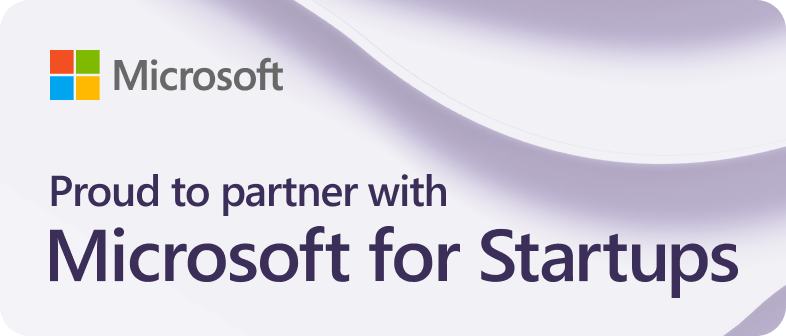#digitaltransformation
Which Industry Uses Digital Twin?
A digital twin refers to a virtual representation of a physical object, process, or system, and it has proven to be a game-changer for many sectors. Let's delve into the diverse industries that have embraced digital twin technology and how it has revolutionized their operations.
Introduction:
The emergence of digital twin technology has brought about a revolutionary shift in the way industries operate.
By creating a virtual counterpart of physical entities, businesses can gain insights, optimize processes, and make informed decisions that were previously unimaginable
Understanding Digital Twin Technology
A digital twin is a virtual representation that mirrors the characteristics and behavior of a physical object or system. It operates in real-time and provides a dynamic reflection of its real-world counterpart.
This technology combines sensors, data analytics, and machine learning to create an interactive digital replica.
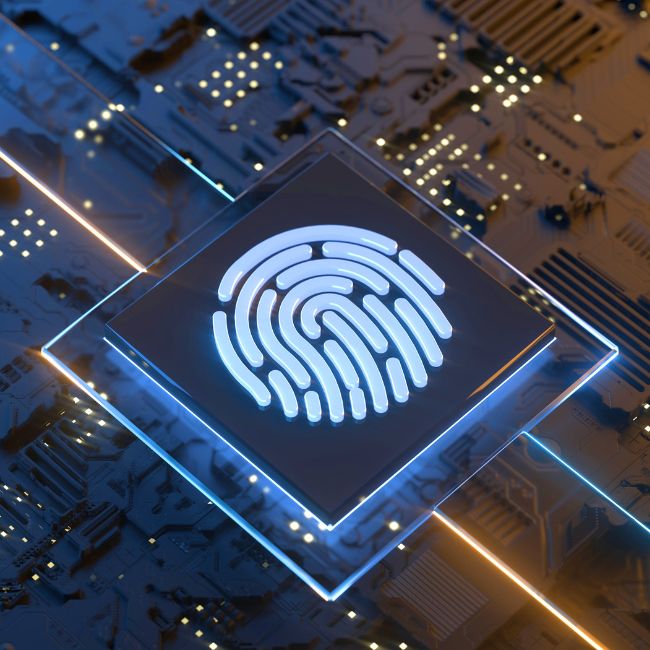
The art of the possible in product development and beyond
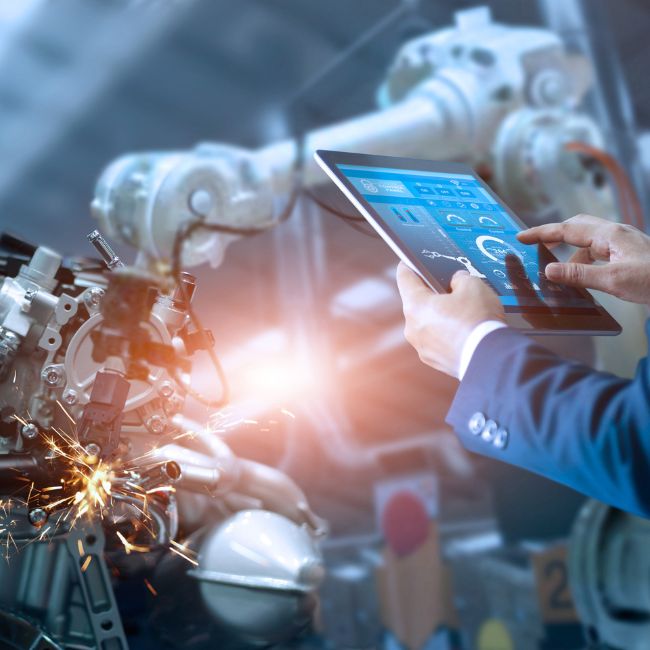
Digital Twin in the Manufacturing Industry
Enhancing Production Processes
Manufacturing plants utilize digital twins to streamline production. By simulating processes and identifying potential bottlenecks, manufacturers can optimize their workflows for maximum efficiency.
Predictive Maintenance
Digital twins enable predictive maintenance by monitoring equipment health in real-time. This proactive approach minimizes downtime by identifying maintenance needs before they escalate into critical issues.
Quality Control and Testing
Quality control is elevated through digital twins as they allow for comprehensive testing in a virtual environment. This reduces defects and ensures products meet the highest standards.
Digital Twin and Healthcare Sector Integration
Precision Medicine
Digital twins play a crucial role in tailoring treatments to individual patients. By analyzing data from the digital twin of a patient, medical professionals can customize therapies for better outcomes.
Surgical Planning and Training
Surgeons use digital twins to simulate complex procedures, enhancing their skills and planning surgeries with greater accuracy.
Monitoring Patient Health
Patients fitted with medical devices can benefit from continuous monitoring through digital twins, providing real-time insights to medical practitioners.


Transforming the Energy Sector
Optimizing Energy Production
Digital twins help in optimizing energy production by simulating different scenarios and fine-tuning processes to maximize efficiency.
Monitoring and Maintenance of Infrastructure
Power plants and utility systems use digital twins to monitor infrastructure health, minimizing disruptions and improving maintenance strategies.
Smart Agriculture and Food Production
Crop Monitoring and Management
Digital twins aid in monitoring crop health, optimizing irrigation, and predicting harvest yields for better resource utilization.
Livestock Health Tracking
Livestock farmers use digital twins to monitor the health and behavior of animals, enabling early disease detection and efficient management.
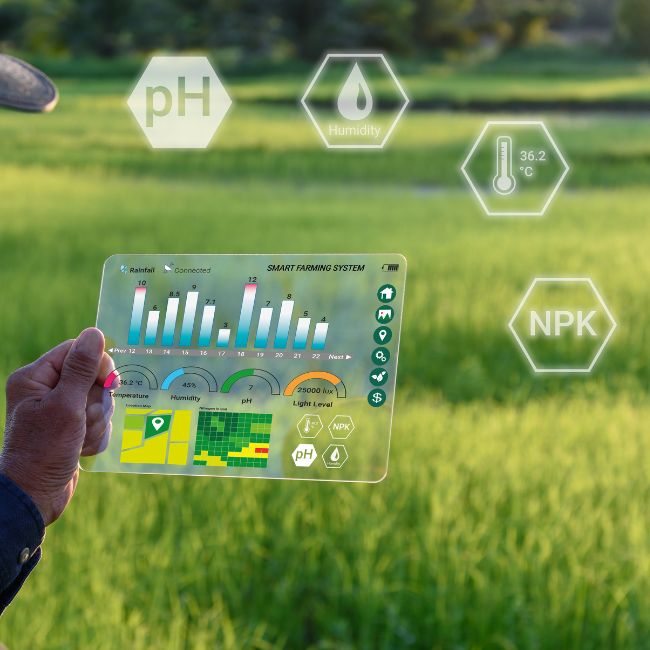
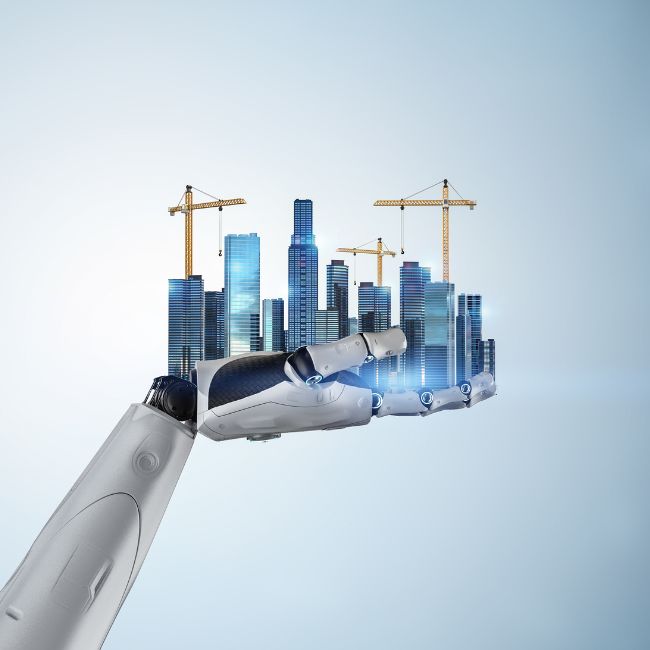
Urban Planning and Construction
Efficient City Design
City planners use digital twins to model urban environments, helping in designing cities that are more sustainable and responsive to residents' needs.
Monitoring Infrastructure Development
Construction projects benefit from digital twins by visualizing progress, identifying potential issues, and enhancing collaboration among stakeholders.
Aerospace and Defense Advancements
Aircraft Design and Simulation
Aerospace engineers create digital twins of aircraft to simulate flight conditions, test designs, and enhance aerodynamics.
Maintenance and Upkeep of Aircraft
The aviation industry employs digital twins to monitor the health of aircraft components, ensuring safe and efficient operations.
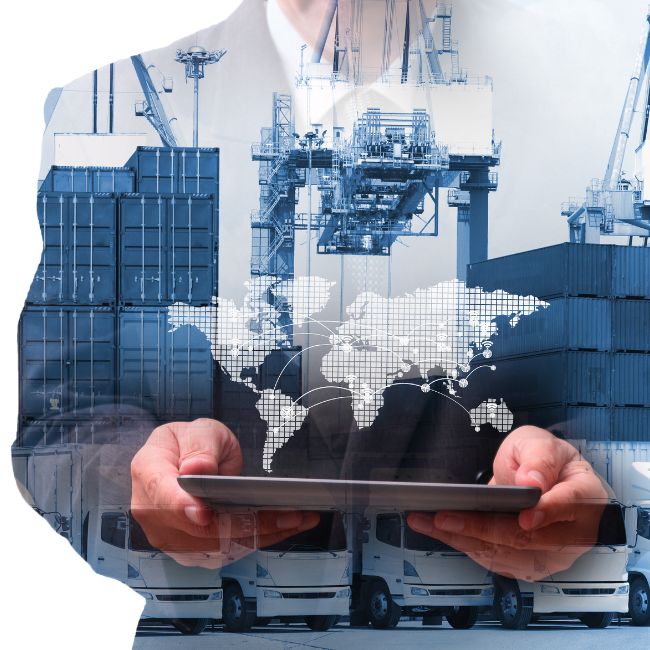
Developing Transportation and Logistics with Digital Twin
Fleet Management and Optimization
Transportation companies use digital twins to track and manage fleets, optimize routes, and improve fuel efficiency.
Supply Chain Visibility
Digital twins offer end-to-end visibility into supply chains, helping businesses identify inefficiencies and make informed decisions.
Summary
Digital twin technology has proven to be a transformative force across industries. Its ability to create virtual replicas with real-time capabilities has revolutionized operations, enhanced decision-making, and opened doors to innovation.
Frequently Asked Questions

A digital twin is a virtual representation of a physical object or system, providing real-time insights and simulations.
Digital twins operate through sensors and data analytics, creating an interactive virtual replica of a physical entity.
Yes, ensuring the security of data transmission and storage within digital twins is a critical consideration.
Absolutely, digital twins can enhance product development, customization, and even provide personalized shopping experiences.
Digital twins are likely to become more sophisticated, integrating AI and machine learning for even deeper insights and predictions.
Show your products with 3D Marketing Tool
Try Clooned today and take your products to the next level!
Contact us for more information.
©2023. GUNERY. All Rights Reserved.

